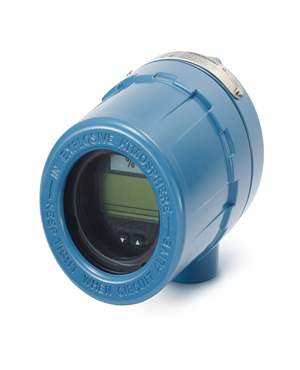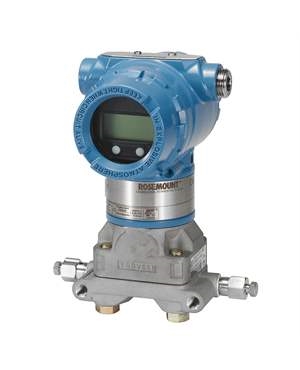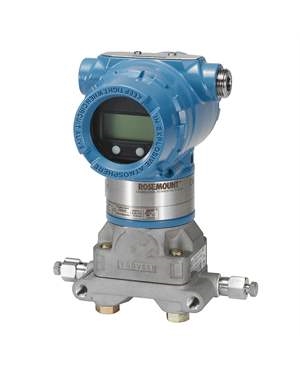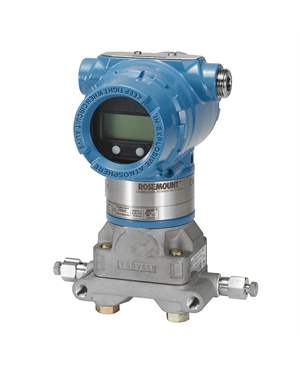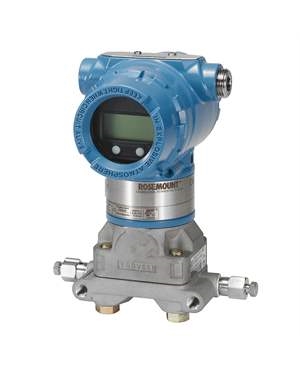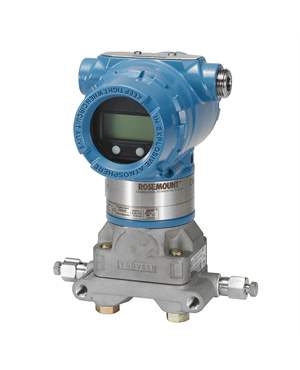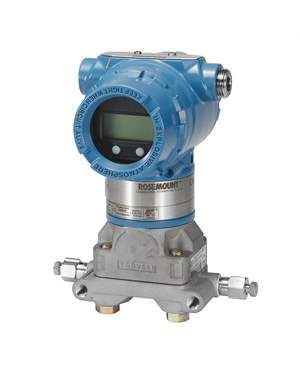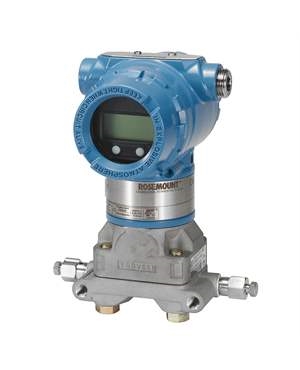Industrial Instruments in Nuclear Power Plant Safety
Brian Craig
February 28, 2024
Nuclear power plants stand as intricate facilities engineered to capture the energy unleashed in nuclear fission reactions, translating this power into electricity. In meeting the ever-growing global energy needs, these plants emerge as pivotal contributors, providing a substantial and dependable source of power. What sets them apart from conventional fossil fuel-based power plants is their unique method of electricity generation through controlled nuclear reactions. This controlled process often involves the utilization of uranium or plutonium isotopes, distinguishing nuclear power as a distinct and powerful force in the energy landscape.
Importance of Safety in Nuclear Facilities
The safety considerations surrounding nuclear power plants are of utmost importance, given the inherent risks associated with nuclear energy. Safeguarding not only the immediate surroundings but also the broader environment necessitates the implementation of rigorous safety measures. The potential consequences of accidents within nuclear facilities extend far beyond localized impacts, encompassing environmental contamination, health hazards, and enduring ecological damage.In light of these risks, strict safety protocols and vigilant monitoring become imperative. Here, industrial instruments emerge as indispensable guardians of nuclear safety and operational efficiency. Their pivotal role lies in furnishing real-time data and facilitating swift responses, thereby playing a crucial part in accident prevention and the timely resolution of issues. This blog will thoroughly explore the specific functions and significance of industrial instruments, with a dedicated focus on their paramount contribution to upholding the rigorous safety standards essential for the smooth functioning of nuclear power plants.
Key Safety Challenges in Nuclear Power Plants
- Control of Nuclear Reactions: The precise control of nuclear reactions is challenging due to the inherent complexity of fission processes. Maintaining stability while generating sufficient power requires advanced control systems and monitoring mechanisms.
- Radioactive Waste Management: Proper handling and disposal of radioactive waste pose significant challenges. Strategies for the safe storage and long-term management of spent nuclear fuel are crucial to avoid environmental contamination.
- Human Error and Training: The potential for human error in operating and managing nuclear facilities necessitates rigorous training programs. Ensuring that personnel are well-trained and adhere to strict protocols is essential for maintaining safety.
Overview of Industrial Instruments
Industrial instruments are specialized devices designed for monitoring, controlling, and measuring various parameters within industrial processes. In the context of nuclear power plants, these instruments play a pivotal role in ensuring the safe and efficient operation of the facility. Industrial instruments encompass a wide range of devices, each tailored to monitor specific aspects such as radiation levels, temperature, pressure, flow rates, and gas composition.
- Radiation Monitoring Instruments: Geiger-Muller counters, scintillation detectors, and ionization chambers are used to measure and monitor radiation levels within the nuclear facility.
- Temperature and Pressure Transmitters/Sensors: Thermocouples, infrared thermometers, and pressure sensors or transmitters provide real-time data on temperature and pressure conditions, helping maintain optimal operating parameters.
- Flow Meters and Level Transmitters/Sensors: Magnetic flow meters, ultrasonic flow meters, and level transmitters or sensors assist in monitoring fluid flow rates and ensuring appropriate levels within different parts of the nuclear plant.
- Gas Analyzers: Infrared gas analyzers, mass spectrometers, and other gas analyzers help detect and analyze the composition of gases within the facility, crucial for identifying potential issues.
Importance of Instrumentation in Maintaining Nuclear Safety
- Real-time Monitoring: Industrial instruments enable continuous real-time monitoring of various parameters, providing immediate feedback on the plant's operational conditions. This capability is vital for identifying anomalies and potential risks promptly.
- Preventive Maintenance: Regular monitoring and data collection through industrial instruments facilitate predictive and preventive maintenance. Identifying wear and tear or potential issues before they escalate ensures the ongoing reliability of plant equipment.
- Safety Protocols and Alarms: Instrumentation is integrated into safety protocols and alarm systems, triggering automatic responses or alerts when parameters deviate from safe operating ranges. This ensures a swift response to emerging threats.
- Data Accuracy and Precision: Industrial instruments provide highly accurate and precise measurements, essential for maintaining the controlled and stable conditions required for safe nuclear operations.
As we reflect on the crucial role these instruments play in monitoring radiation, controlling critical parameters, and enabling rapid responses, it becomes evident that ongoing advancements in instrumentation are imperative. The call to prioritize safety in nuclear power plants through advanced industrial instruments is not just a recommendation; it is a commitment to a secure, sustainable, and responsible future for nuclear energy.
The Transmitter Shop (TTS) is a distributor of superior quality remanufactured industrial instruments like including transmitters, sensors, safety signals, monitoring systems, gauges and control valves originally sourced from reputed brands such as Otis, E2S, Fisher Vee-Ball, Rosemount and so on. If you want to know more about our services please contact us via phone +1-888-964-8837, or via email at [email protected]
Related Posts
- Everything You Need to Know About Industrial Process Temperature Measurement
- 8 Reasons to Opt for Remanufacturing
- 4 Reasons Why Transmitter Calibration Services are Important
- The Features and Benefits of Rosemount 1199 Direct Mount Transmitters
- 5 Reasons Why Should Consider Refurbished Rosemount Transmitters
- Why Choose Rosemount 3144P Transmitter to Get Right Temperature Feedback?
- How to Achieve a Better Temperature Measurement Accuracy?
- What Are Diaphragm Seals and Their Types?
- Temperature Transmitter: How to Select The Efficient One for Your Application?
- Industrial Instruments in Nuclear Power Plant Safety
- Complete Hydrogen Gas Safety and Measurement Solutions
- Steam Boiler Drum Level Measurement A Comparison of Control System Technologies
- Furnace Flame Sensor Faults Everything You Need to Know for Safe Operation
- Comparison between Multi Valve Manifolds Block Valves and Bleed Valves
- Pneumatic Pressure Controllers: A Safe Choice for Hazardous Areas
- Furnace Flame Sensor Faults Everything You Need to Know for Safe Operation
- Pneumatic Pressure Controllers: A Safe Choice for Hazardous Areas
- How Can Greenhouse Gas Emissions Be Reduced?
- A Practical Guide to Vacuum Measurement and Operation
- Understanding Electrochemical Detection: Principles, Techniques and Environmental Application
QUICK ENQUIRY
